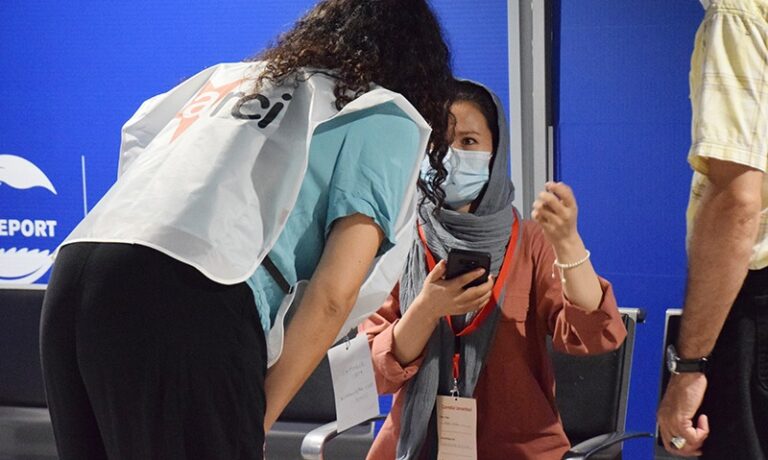Ecosistema DUNA
Restoring the dunal strips in the province of Grosseto through ecosystem restoration and awareness activities for citizens and institutions.
Starting date
1 July 2024Duration
24 monthsRealized by:
Legambiente Festambiente APSObjectives
Safeguard and strengthen the dunes and pine forest to mitigate the risk of coastal erosion, saltwater intrusion, and maintain high levels of biodiversity.
Enhance the dunes through specific public engagement actions, particularly targeting students, tourists, and tourism operators.
Recognize the strategic role of coastal dunes as "biodiversity reservoirs" and as essential for adaptation, risk mitigation, and reducing the effects of climate change.
Coastal sandy beaches and dunes, often associated with backdune wetlands, are among the most vulnerable and threatened ecosystems globally. Despite their dynamic structure and high resilience, these ecosystems are fragile due to their general fragmentation, limited extent, and excessive human pressure.
The dunal strips in the province of Grosseto are no exception, with some areas compromised by coastal erosion and human impact.
The coastal dune system is of great importance, both naturally and socio-economically, especially for tourism activities. The project does not aim to close the site to tourism but rather to enhance it to encourage visitors and foster a conscious respect for the environment.
The dunal strip hosts plant species that form its backbone. Without these species, the dune risks disintegration, with dramatic consequences for the surrounding vegetation and the adjacent beach.
To reconcile environmental protection with sustainable tourism development, it is essential to combine restoration and rehabilitation interventions with training and awareness actions aimed at policymakers, economic operators, and citizens, increasing awareness of the proper management, conservation, and promotion of the affected areas. To achieve this overarching goal, the project includes:
- Establishment of a Dune Observatory for monitoring and dune restoration through the planting of native vegetation and the creation of a Germplasm Bank for the botanical species present on the dune, in collaboration with research institutions. The Observatory will engage local policymakers, associations, and economic operators in a participatory process to promote integrated coastal management. It will carry out information and awareness activities towards the public on the importance of the coastal and dunal strip.
- Involvement of schools in educational pathways and citizen science activities on the coastline to raise awareness.
- Organization of events on the coast, educational workshops, and communication activities in collaboration with beach sites to promote lifestyles that respect the coastal ecosystem and foster sustainability in beach activities, including those related to sports.



